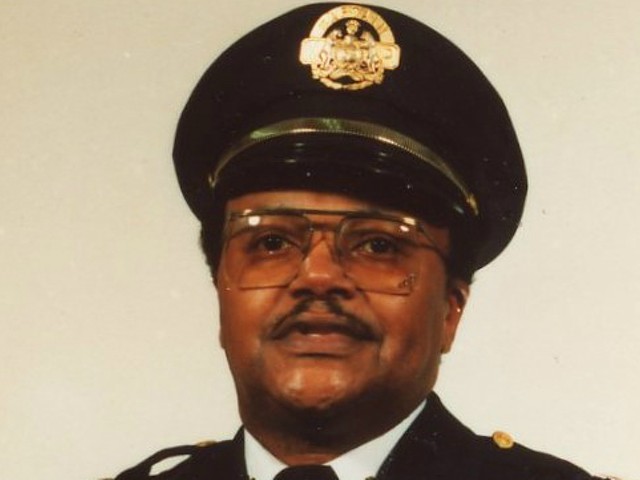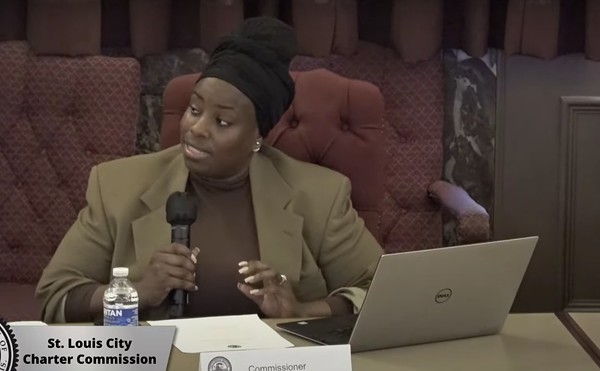
Missouri Governor Mike Parson on Thursday shot down a call for a special session to clarify how Missouri's abortion ban law relates to medical emergencies and contraceptives.
Missouri law prohibits most abortions except in cases of medical emergency, though medical providers and pregnant Missourians have feared legal retribution as state law provides little specificity on what constitutes a medical emergency.
State law defines medical emergencies as instances when, "based on reasonable medical judgement," a woman may die as a result of her pregnancy or face "a serious risk of substantial and irreversible physical impairment of a major bodily function of the pregnant woman."
The state's definitions of abortion and unborn child — described as a human being from the moment of conception until birth and at "every state of its biological development" — has worried some legal experts and medical providers who fear it could be twisted to target certain contraceptives.
On Monday, House Minority Floor Leader Crystal Quade and Senate Minority Leader John Rizzo urged Parson to call state legislators into a special session to assuage confusion over how the state's law should be interpreted.
At an event in St. Louis Thursday morning, Parson rejected Quade and Rizzo's call.This morning, House Minority Floor Leader @crystal_quade and Senate Minority Floor Leader @JohnJRizzo asked Gov. Parson to call a special session for #moleg to protect access to contraception and clarify confusing language on what constitutes a medical emergency for an abortion. pic.twitter.com/8H4sKvfVjL
— Missouri House Democratic Caucus (@MOLegDems) July 11, 2022
"No, not a special session, because you're talking about a complicated issues that's going to take time to figure out how to do this," Parson told reporters. "Bureaucrats and attorneys don't need to be the ones deciding on what is life-threatening. Doctors need to have a seat at that table, and frankly, they're more qualified to be able to make that decision than anybody else."
KSDK political editor Mark Maxwell pressed Parson on what medical providers could consider as the start of a medical emergency. "The question that OBGYNs, surgeons and pregnant women with complications have is do they have to wait until internal bleeding begins before they can start caring for them?" Maxell asked.
Doctors and pregnant women experiencing complications want to know when they can begin care. Do they have to wait until after internal bleeding has already begun? After signing the bill into law, Parson now says it’s a “complicated issue” and doctors and patients should decide. pic.twitter.com/OmvyKd2ZE5
— Mark Maxwell (@MarkMaxwellTV) July 14, 2022
Parson responded: "I think what's going to have to happen is they're going to have to have a seat at the table to decide what life threatening is to the patient. I think the patient's going to have to have a place to play in that and I think doctors are, but I don't think we need to leave that up to bureaucrats and attorneys."
As far as contraception, Parson said things are the same in Missouri as they were before the Supreme Court overturned the federal right to abortion and Missouri's trigger law was enacted.
A Kansas City hospital system stopped providing emergency contraceptives earlier this month but reversed course less than a day later after Missouri Attorney General Eric Schmitt and Parson assured Missouri's law didn't prohibit contraception.
"There is no issue on contraception, contraceptives are the same in the state of Missouri that they were three months ago, nothing whatsoever has changed in that category and pregnancy, ectopic pregnancy as well," Parson said Thursday.
Following Parson's comments on Thursday, Quade said the governor's "vague assurances" were not enough.
"While we agree the state's extreme new anti-abortion law doesn't criminalize birth control, the legislature must erase all doubt before some politically ambitious prosecutor decides trampling over Missourians' rights is the best path to winning a Republican primary," Quade said. "We need a special session to settle this issue before innocent Missourians are wrongfully dragged through the criminal justice system, not after."






